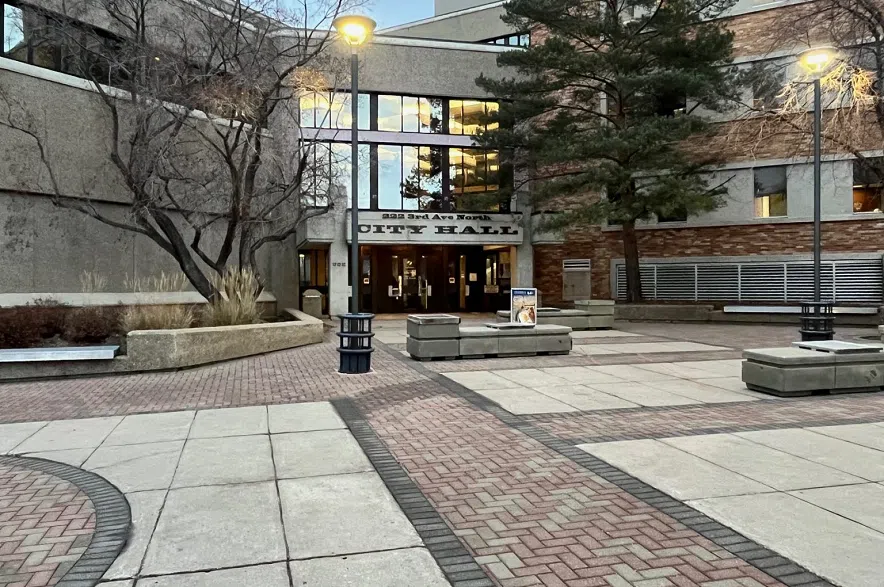A week after Saskatoon city council finalized its 2024 budget – which included a 6.04 per cent property tax increase for next year to address a budget shortfall – the city’s utility service has found a surplus of $10.9 million.
In the year-end report based on its third-quarter forecast, the city suggested the surplus was made possible thanks to $3.1 million from deferred hiring and $1.2 million in savings from offices, maintenance or other expenditure deferrals.
It also pointed out that not having to clear any snow so far this year saved $3.3 million, and significant increases to transit ridership resulted in $3.2 million in higher-than-budgeted revenues.
The closure of the Harry Bailey Aquatic Centre and a higher-than-anticipated interest rate environment resulted in $1.5 million in additional investment income.
The full report can be found on the city’s website.
While the surplus is good news for the city, many around Saskatoon will be asking why their property taxes will be going up so sharply next year.
Mayor Charlie Clark said the extra funds could potentially reduce taxes for 2024, but the money might be put to better long-term use.
“We have to decide, do we put that into a reserve to help deal with future potential fluctuations so that we’re not putting ourselves in a deeper deficit? If we put it towards property taxes, it only fits the need for next year and then you have to find even more money the following year to fill that back in,” Clark explained.
“So you’re putting a bigger risk onto a future council. We’ll have all those discussions, but in my mind we need to be prudent and make sure we’re not just making expedient political decisions today that make a bigger problem tomorrow.”
He further expanded on how things might play out if council were to put the money towards reducing property taxes for 2024.
“Any change we make in property taxes it needs to be a change that can carry through,” the mayor said.
“Taking one-time revenue and using it to spend means that you’ll have to find even more money the year after to back-fill that, and other inflationary pressures.”
Clark said the city has to be cautious when it comes to windfall revenue.
“In previous years we’ve seen deficits, which we don’t apply to property taxes, and it’s the same issue with surpluses – they’re one-time fluctuations,” Clark said.
“I think what it shows is that the funding gap that we’re wrestling with for next year is not an indication of a deficit we’re facing or an existing problem in our finances, it’s just being able to keep up with what’s needed to be done in the future.”
Options on how to best utilize the surplus are to be presented to the city’s Governance and Priorities Committee on Tuesday morning.







